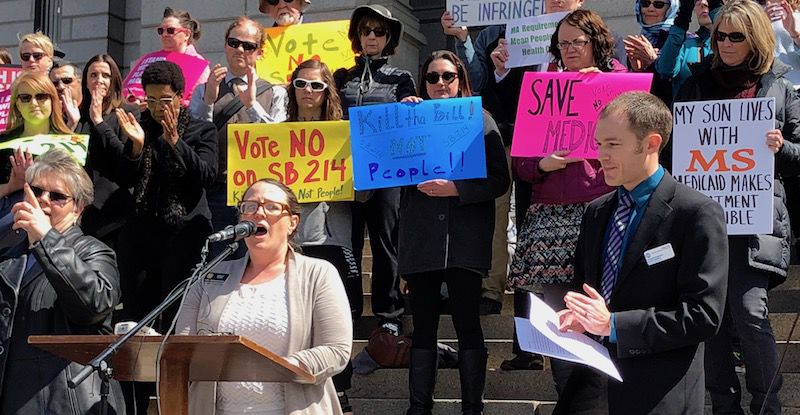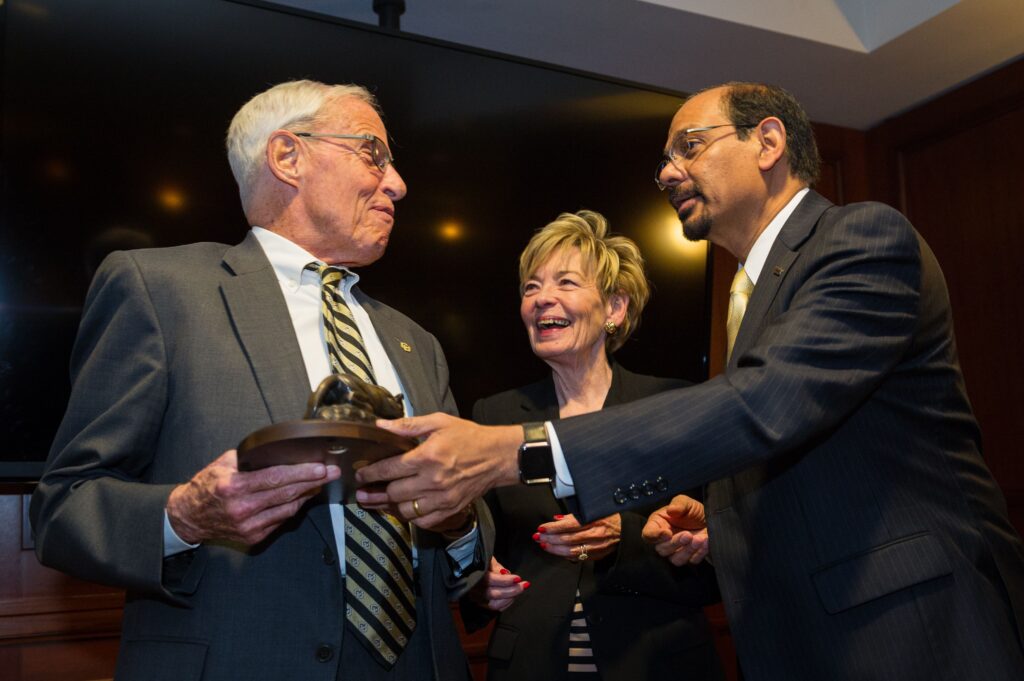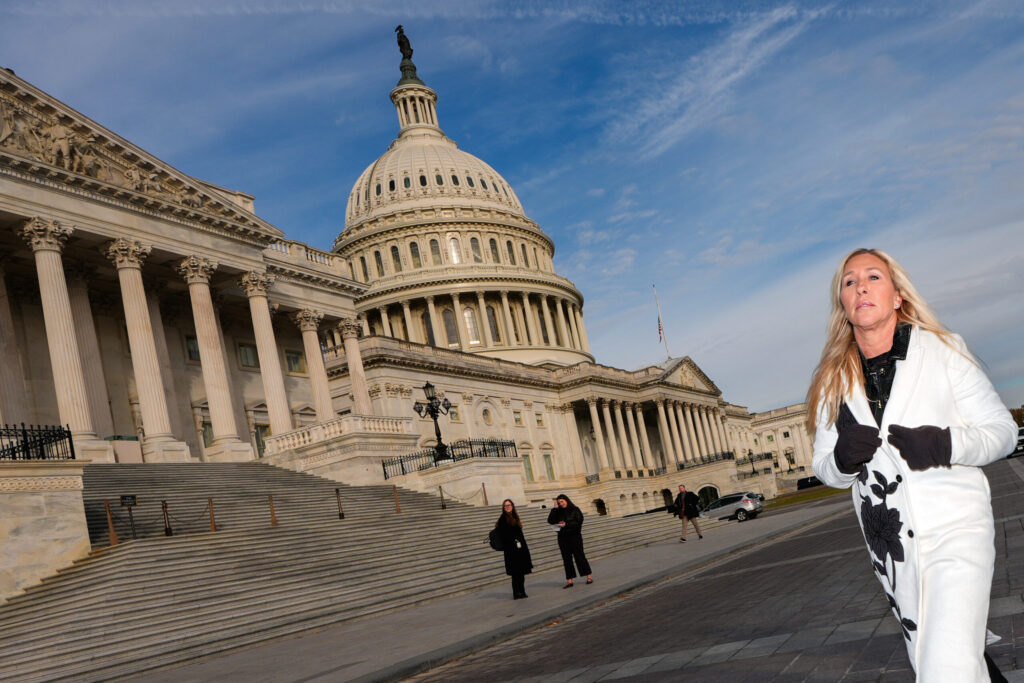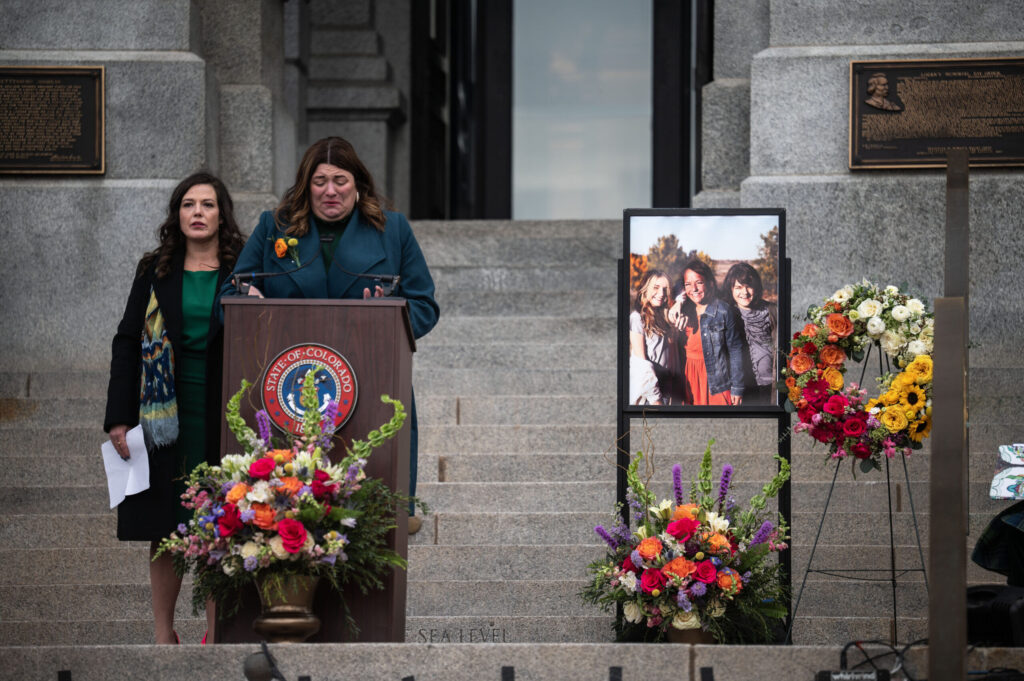Colorado bill to force Medicaid recipients to seek jobs fails in committee

DENVER – A bill that sought to make Colorado the fourth state to require able-bodied Medicaid recipients to hold or look for jobs failed Thursday.
Sen. Beth Martinez Humenik, R-Thornton, joined with Democrats to sink Senate Bill 214 on a 3-2 vote by the Senate Health and Human Services Committee.
She cited the high cost to implement the bill – estimate by legislative analysts at $781,110 in next year’s state budget – and the difficulties counties would have in carrying it out.
The cost of starting the program was expected to rise to $13.1 million by the 2021 fiscal year, but once it’s fully implement it was projected to save taxpayers more than $150 million annually.
Colorado is expected to have 1.4 million people on Medicaid by the 2021 fiscal year. Of them, an 668,542 people would be subject to the work requirements, according to the legislative analysis.
Humenik said she appreciate the intent of the bill, but not the uncertain mechanics of it. She said Colorado would be better served by waiting to see how the program worked in other states before taking the plunge into such a program.
“This is not a simple bill,” she said, after more than four hours of testimony from Medicaid recipients and experts. “It’s a complex bill.”
Sen. John Kefalas, D-Fort Collins, said Colorado’s Medicaid system needs work, but Senate Bill 214 was not the vehicle to solve it.
“We all agree we need to continue to improve our healthcare delivery system, and certainly our Medicaid system, but it’s my opinion since I’ve been around the last 12 years or so, that we’ve taken some steps to improve our public health insurance system,” he said.
Republicans have been looking for reforms to the public insurance program, especially ObamaCare allowed states to expand Medicaid coverage to people earning up to 138 percent of the federal poverty level
Opponents said the savings were inflated, but the reality is that people who need Medicaid wouldn’t be able to get it, or would be forced to find outside work with health benefits rather than care for children or family members. People cheating the system are rare, they told the committee.
The legislation would have instructed the state Department of Health Care Policy and Financing to submit a waiver to the Trump administration of permission to require recipients of the federal health insurance to seek a job and submit monthly income information to remain eligible for the program.
This month Arkansas became the third state to add Medicaid work requirements. The Trump administration already has approved requests from Kentucky and Indiana.
Medicaid recipients rallied on the steps of the Capitol before the hearing.
“We’re here today because it seems the same wrong-headedness and callousness on healthcare we see in Washington has crept into our state legislature,” said Adam Fox, director of strategic engagement for the Colorado Consumer Health Initiative.
He said the administrative burdens the bill included would have stripped healthcare coverage for Coloradans who need it.
The legislation, sponsored by Sen. Larry Crowder, R-Alamosa, and Rep. Susan Beckman, R-Littleton, was strictly political. Had it passed the Republican-led Senate, it had no chance in the House, where Democrats have an eight-seat majority.It likely would have been killed in its first committee.













